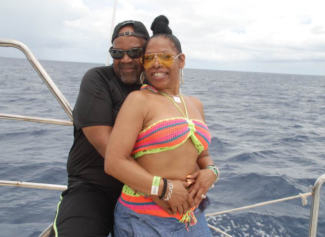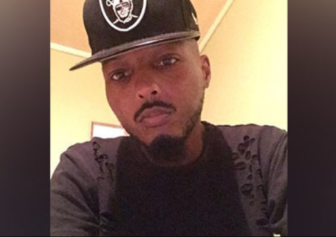After the government of the Dominican Republic moved just weeks after the devastating Haiti earthquake to strip Dominican citizenship from all Dominicans who were born to Haitian parents, those who were stripped of their statehood are fighting back through the American Commission on Human Rights.
Earlier this month, the Commission sent a letter to Foreign Minister Carlos Morales, informing him of a forthcoming hearing to investigate a move that many Haitians believe is based in the racism that has accompanied their treatment by the Dominican government over the years.
“The Commission has decided to convene a hearing during its 146th regular session to address the issue of the right to nationality for Dominicans of Haitian descent in the Dominican Republic,” said the letter also sent to the country’s ambassador to the Organization of American States (OAS), Roberto Saladin.
According to the Dominican government’s move, Dominicans of Haitian descent are now regarded as foreigners, even if they were born in the Dominican Republic.
This citizenship fight comes 75 years after the brutal “Parsley Massacre” of Haitians by Dominican dictator Rafael Leonidas Trujillo Molina in the fall of 1937. Over a five-day period, as many 20,000 Haitians were horrifically massacred by Dominican soldiers and civilians wielding machetes, bayonets and rifles. It was called the Parsley Massacre because the Dominican border guards would conduct a linguistic test of all dark-skinned people to see who was Haitian—they would ask the people to pronounce the word perejil (Spanish for parsley). Because Haitians spoke French and Creole, they couldn’t pronounce the word properly—and would promptly be killed.
According to historians, women and children were murdered as quickly and brutally as the men—as were Dominicans who tried to help Haitians escape death.
It is considered the most horrific peace time human rights abuse of civilians in the Americas during the 20th century.
During a speech at the border town of Dajabón, Trujillo spelled out his plan for the Haitians:
“For some months, I have traveled and traversed the border in every sense of the word,” he said. “I have seen, investigated and inquired about the needs of the population. To the Dominicans who were complaining of the depredations by Haitians living among them, thefts of cattle, provisions, fruits, etc., and were thus prevented from enjoying in peace the products of their labor, I have responded, ‘I will fix this.’ And we have already begun to remedy the situation. Three hundred Haitians are now dead in [the city of] Bánica. This remedy will continue.”
Ironically, Trujillo was himself a mulatto, but that did not blunt his brutality. The massacre created an enormous schism between the two nations that share an island—and demarcated a legacy of racism against Haitians that continues to this day.
“It’s not true that this anti-Haitianism that you see today is timeless,” Edward Paulino, a Dominican-American history professor at the City University of New York, told the International Business Times. Paulino commemorated the massacre through an organization called Border of Lights, according to the Christian Science Monitor.
“Much of it began with the massacre in 1937.”

